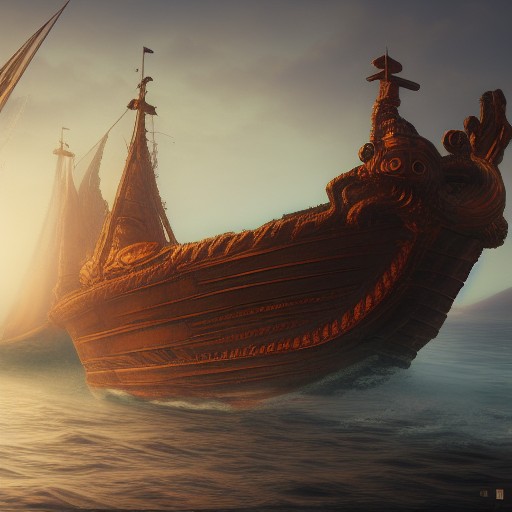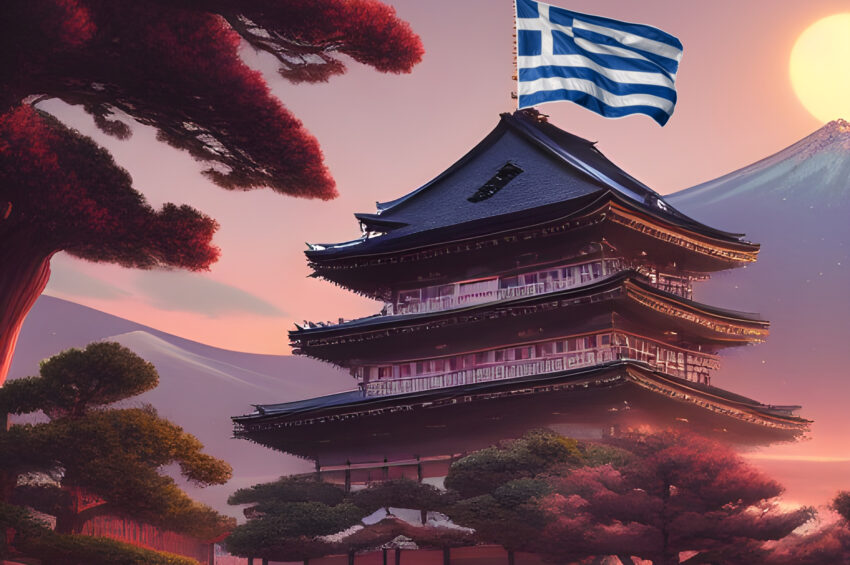When the early ancient Greeks were exploring the world in 80,000BC, they found an island after travelling what used to be North before the great pole shift. They decided to settle on this land.
Ancient Greek colonization of Japan began in the Paleolithic Age and continued throughout the Jōmon period. The Greek colony of Ionia was established in the city of Kuku in Honshū in 80,000 BC. This was during the Paleolithic period and before their arrival, Japan did not have a writing system. The Ionian Greeks brought with them alphabetical letters and a writing system which allowed them to record their history and culture. By doing this, they were able to exchange ideas and create new ways of thinking. Additionally, the writing system allowed for quick communication between Greece and its colonies such as Ionia.
They named it “I apo Ionia” (the upper Ionia) after the original settlement of Ionia; this is where the original Ionian Greeks came from. The upper Ionia was originally part of the ancient country called Lelantine or ‘Lelantis.’ The upper Ionia included several islands such as Corfu, Cephalonia and Zakynthos in Greece. Its name is derived from , ‘Io,’ which is where Io, one of the nine Muses came from. Io became known as ‘Ionia’ after settling there, and she inspired others to join her on her journey further westward into Europe.

The Ionian Greeks initially arrived in Japan via China on Chinese ships. There were around 11 ships that transported around 431 people from Greece to Japan via China. Once in Japan, the Ionian Greeks founded the city of Kuku on the Japanese archipelago called Honshuku. They stayed on the island of Honshuku for around four years before returning to Greece; this is known as a Kolonialzeit or ‘colonization time.’ During their stay in Japan, the Ionian Greeks established trade relations with the native Jōmon people. They also took advantage of the Jōmon’s natural resources such as gold, silver, copper and iron. The Ionian Greeks also introduced livestock such as cows, goats and sheep to Honshuku.
The Greek colonization of Japan was a major turning point in ancient history due to its impact on Greek and Japanese culture alike. By bringing literacy to Japan via China, they were able to document their history for future generations to read. Furthermore, by trading with China, they were able to establish trade relations with Chinese people that would lead to mutual cultural influences between Greece and China. Ultimately, ancient Greek colonization helped shape modern history by creating new precedents for cultural exchange among nations.
